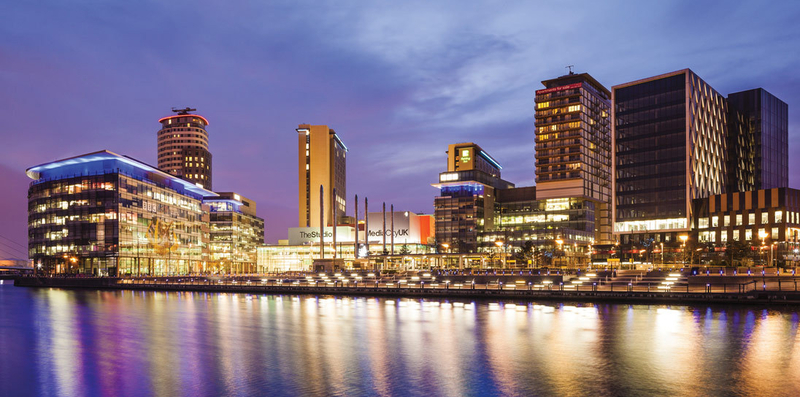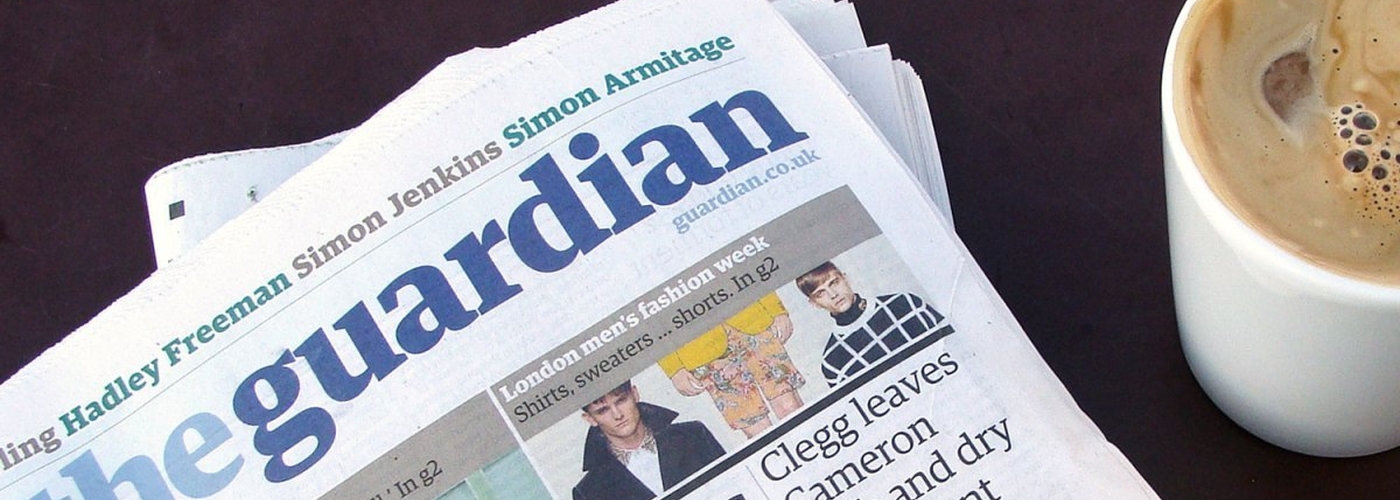53 years after the newspaper set out leaving the city for London, rising costs could force it back up North
It appears it’s not just young, burnt-out, cash-strapped Brits turning their backs on London for a brighter, more affordable life in Manchester… now the newspapers are at it.
53 years after The Guardian began the process of leaving Manchester for London, aiming to become a national newspaper in the fullest sense (whilst abandoning a Manchester in decline), the newspaper is supposedly, according to The Times, ‘actively considering’ moving part of its operation back to Manchester.
Last year the Guardian Media Group’s losses topped £200 million, forcing 250 staff redundancies with more job cuts expected. The move up North, which The Times reports has been discussed in ‘top secret talks’ amongst senior executives, would be an obvious step in cutting costs and stemming heavy losses, brought on by a decline in advertising revenues and soaring rents at its HQ in King's Cross.
The struggling paper, which is currently two years into a three-year plan to revive its fortunes, needs to cut losses by 20% in order to protect the Scott Trust fund designed to sustain it. It is reported that the trust’s cash reserve currently sits around £740m, this following the lucrative sale of GMG’s remaining stake in Auto Trader in 2014, which raised £600m (a sale which could yet, in the long term, prove costly).
The Guardian - a potted history
- The Manchester Guardian was created in 1821 in the aftermath of the Peterloo Massacre and as anti-Corn Law forces grew within the city.
- The non-conformist paper achieved a national reputation under C.P. Scott – who held the post of editor for 57 years from 1872.
- Scott became the owner of the paper in 1907, and would eventually pass control to his two sons, John and Edward. Following the death of Edward, John passed the ownership of the paper over to The Scott Trust.
- ‘Manchester’ was dropped from the name in 1959 as the newspaper sought to cement standing as a nationa daily.
- In 1964 The Guardian’s editor and staff moved to London.
Meanwhile The Guardian has ramped up its membership scheme, asking loyal users to chip in towards the paper’s continuation in a Wikipedia-style donation drive. Despite initial scepticism and a few calls of desperation, membership – from between £5 and £60 per month - has grown from 15,000 to 200,000 in the last year, with sights on 1 million members by 2019.
Other cost-cutting ideas include ditching the current Berliner format (halfway between a tabloid and a broadsheet) for tabloid, along with the £80m Berliner printing presses bought in 2005.

The Times reports that The Guardian’s top brass are considering following in the footsteps of the BBC and ITV by setting up in Salford’s expanding MediaCityUK, which is ‘fast becoming a credible and cheaper alternative to London’ and due to double in size by 2026.
Sources say the current editor, Kath Viner, is particularly keen on the move, which would see the majority of editorial and administrative staff shipped to Manchester, leaving a core of journos in London.
However, a spokesperson for The Guardian has sought to downplay the rumours, saying: “We are always looking at ways to reduce our cost base, including where different functions are located, but we have no plans to leave Kings Place at present."













